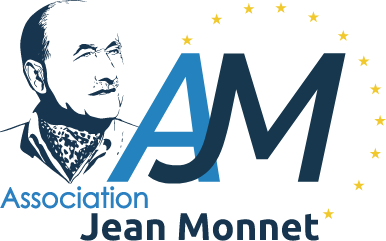André SAFIR began his career in a ministerial cabinet, that of Edgar Faure, then Minister for the Economy, Finance and Industry.Education Nationale. Closely involved in university reform, he conceived and initiated the university project. Paris-Dauphine and a European exchange programme, later to be known as theErasmus. He went on to work in the public sector and held confederal responsibilities in the HLM during the d'Ornano reform of social housing funding.
He went abroad to Senegal where Léopold Sédar Senghor entrusted him with redefining rural development policy, and in the Morocco where he participated in the reform of public finances. On his return to France, he learnt about business, the Cegos (who later offered him the position of General Manager), then at McKinsey before setting up his own firm, Stratorg in 1981.
He began his career as a consultant by taking part in major industrial restructuring plans: automotive in the UK, machine tools in France and fine chemicals in Spain. He then became more closely involved with companies, moving from productivity improvement plans to marketing plans, before taking an interest in strategy and its links with organisation. For some fifteen years, he worked in a wide range of sectors, including aerospace, automotive, materials, construction, agri-food, banking, media and air transport.
Involved in business problems in almost every European country, as well as in Japan and North America, he drew from frank successes and painful failures a global vision which he summarised in a book: " Advantage France "In 1999, it was awarded the prize for the best strategy and management book by the Expansion group.
Stratorg acquired a stake in London Economics, a specialist in deregulation strategies, particularly in the energy sector. But the British transplant did not take. André Safir nevertheless retained a strong desire to combine strategic thinking and micro-economic analysis more closely, now that the latter had become more operational.
He was appointed Chairman of CEBTP (Fédération du Bâtiment research laboratory) in 1996. He then devoted some time to the development of high-performance concretes and the use of steel in the building industry. The difficulties he encountered on this occasion reinforced his desire to deepen his knowledge of the innovation problems he had already tackled ten years earlier.
In 2001, he embarked on a new activity, which he called "Business Design", and now devotes himself entirely to "Breakthrough Innovation". Partner in Squarcle (formerly RGA), with renowned engineers and scientists, it is developing an experimental approach that intimately blends a new strategic approach, creative algorithms, emotional intelligence and financial techniques. To achieve this, it draws on the best expertise in the fields of micro-economics and psychology on the one hand, and automation, digital technology and biotechnology on the other.
André Safir has a degree in Economics from the Sorbonne. Former Chairman ofANDESE (Association des Docteurs en Sciences Economiques et en Gestion), a graduate of the Kennedy School of Government, Paris. Harvardas well as Russian Academy of Management in Moscow.






